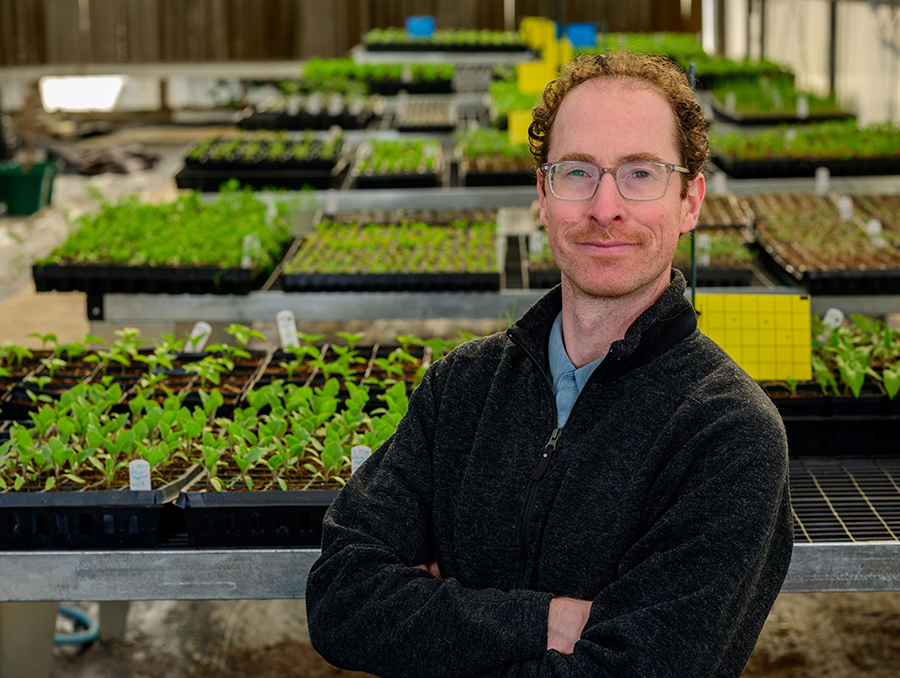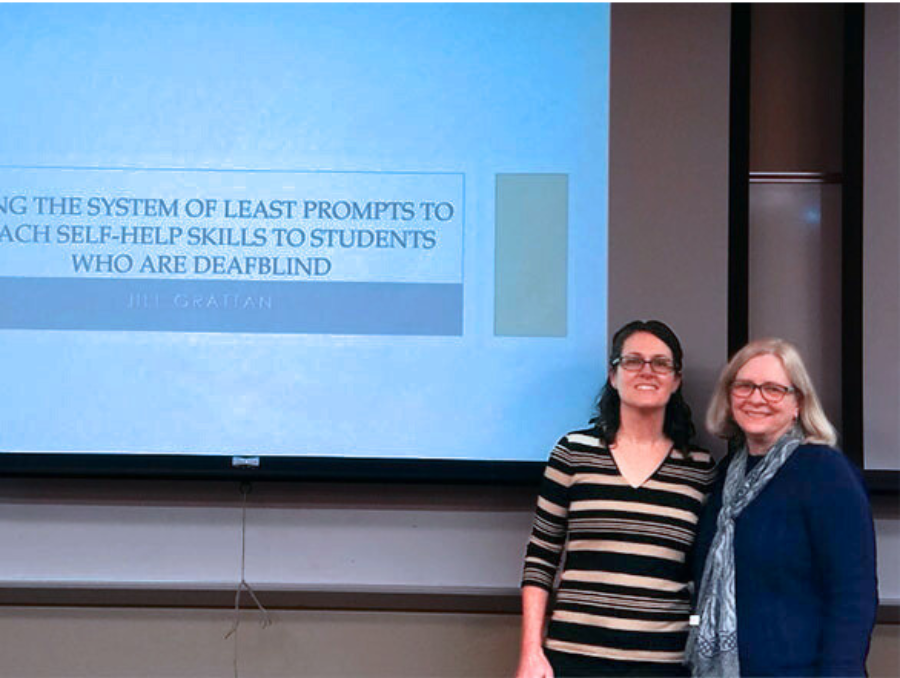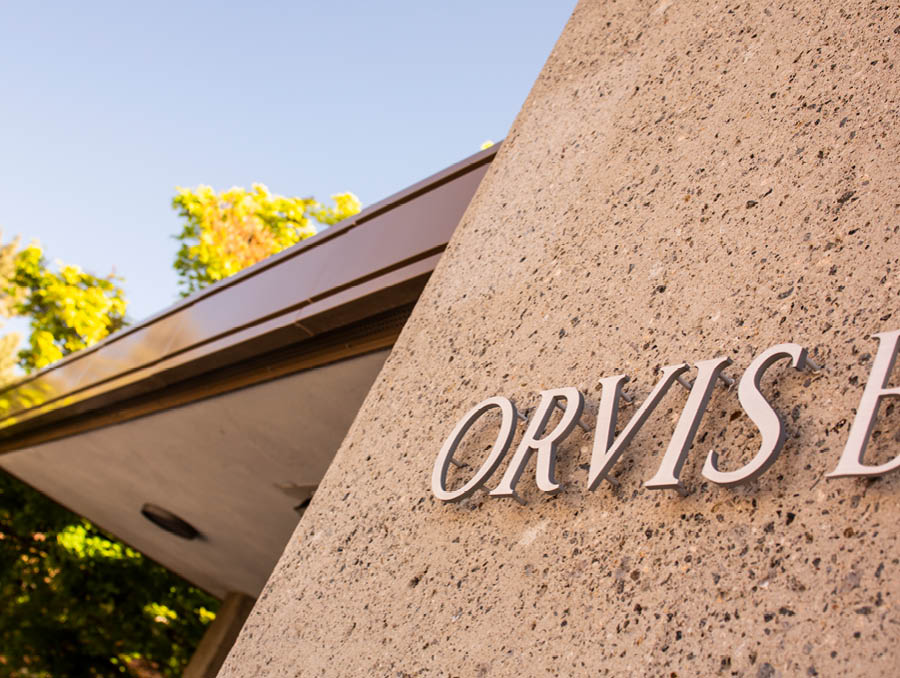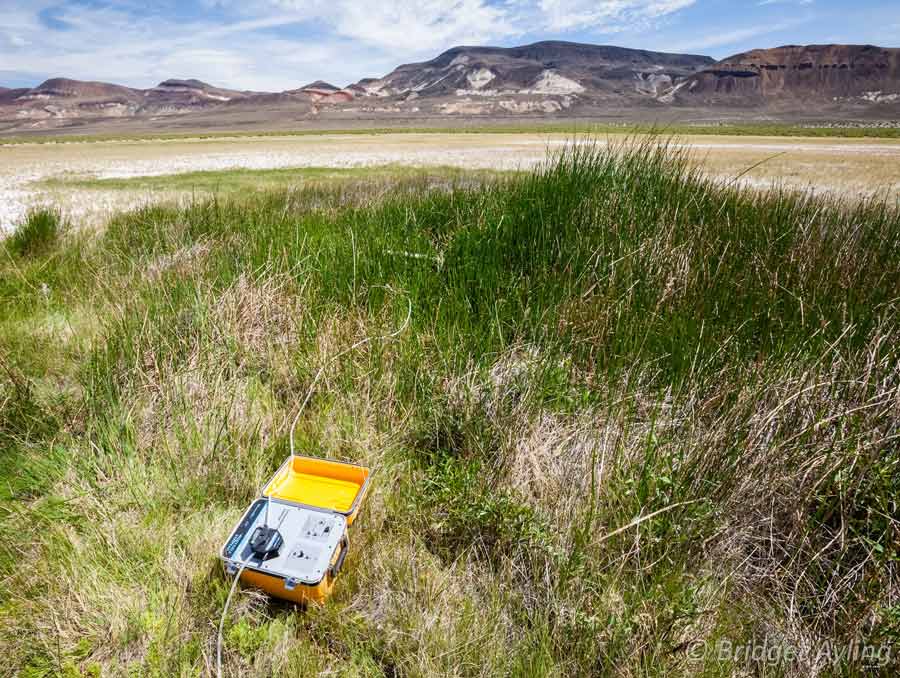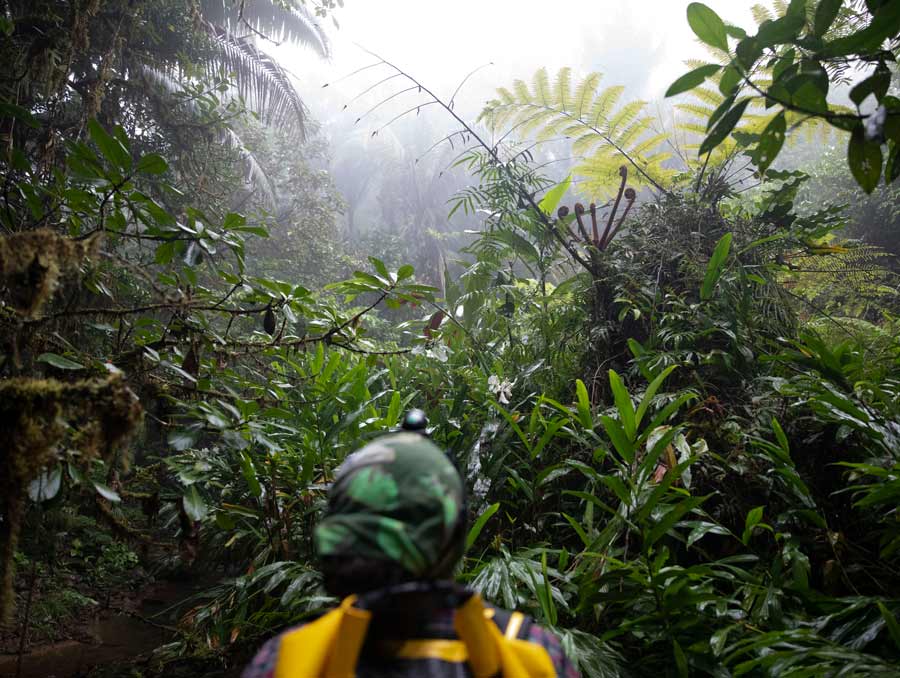A new, collaborative grant at the University of Nevada, Reno will further research into biomass conversion by developing a cost-effective process for large-scale dairy farmers to generate energy from manure.
The University's new grant, "Sun Grant: Power/Waste Biomass," totals more than $600,000 over two years, with the bulk of the funds coming from the U.S. Department of Agriculture.
The grant is from the Western Sun Grant Consortium, one of five regional consortia funded by various federal agencies for the purpose of developing a bio-based economy. Together, the consortia form a nationwide network of land-grant universities and laboratories working in agriculture and renewable energy. The organization aims to support farmers by funding research that supports rural economic development through the production of bio-based renewable energy.
"On campus, we are working with researchers in CABNR, Cooperative Extension specialists, and researchers in the College of Engineering," said Project PI Charles Coronella. "This type of collaboration is possible only at a land grant university."
The research underway at the University of Nevada, Reno could help dairy farmers with two of their biggest economic challenges: cost of manure disposal and cost of electricity. Coronella, associate professor of chemical engineering, estimates a typical dairy farm could generate twice the electricity it consumes in a year by converting manure to power.
The project is a collaboration between the University of Nevada, Reno, the Desert Research Institute, a California-based company specializing in biomass-fueled generators, and an entrepreneur with experience commercializing new technology for agriculture.
The research builds on existing work Coronella and his collaborators have done in hydrothermal carbonization of biomass, in which heat is used to convert biomass into carbonaceous char. Most of Coronella's previous work has been on lignocellulosic biomass, but his lab has applied the process to manure and found that the resulting bio-carbon pellets have the characteristics of a good fuel, similar to lignite.
The research team will be adapting existing technologies used in hydrothermal carbonization and gasification of biomass pellets with an eye toward developing commercial reactors and generators that meet the needs of Nevada dairy farmers.
The researchers will work with the University's Cooperative Extension unit as well as Dr. Reza Shekarriz, an entrepreneur with experience in technology development and commercialization, to reach out to Nevada's dairy farmers and develop a business model for the technology.
Additionally, researchers plan to evaluate how by-products from the carbonization process, which are rich in sugars and organic acids, can be converted into valuable chemicals such as fertilizers.
Coronella believes the research has the potential to significantly reduce a farm's greenhouse gas emission.
"I'm excited to help the dairy industry grow toward sustainability, by helping to convert an environmental liability into renewable, distributed power," Coronella said.
The research team includes Coronella and co-PIs Hongfei Lin, assistant professor of chemical engineering, Victor Vasquez, associate professor of chemical engineering and Sage Hiibel, research assistant professor in environmental engineering.
The research team also includes one full-time graduate student researcher, two part-time undergraduate students and one post-doctoral scholar as part of the team's goal to contribute to an educated renewable energy workforce in Nevada.




